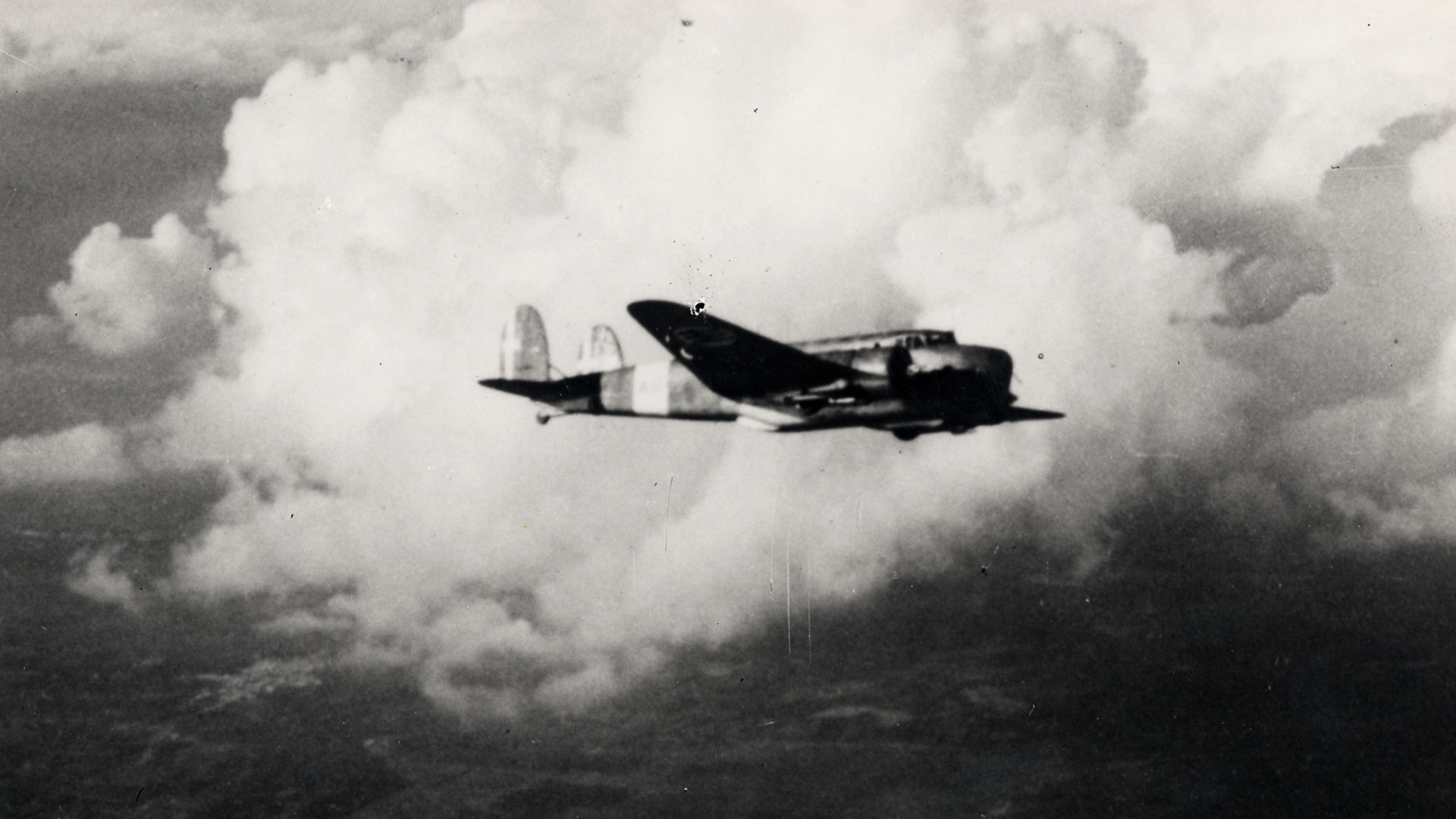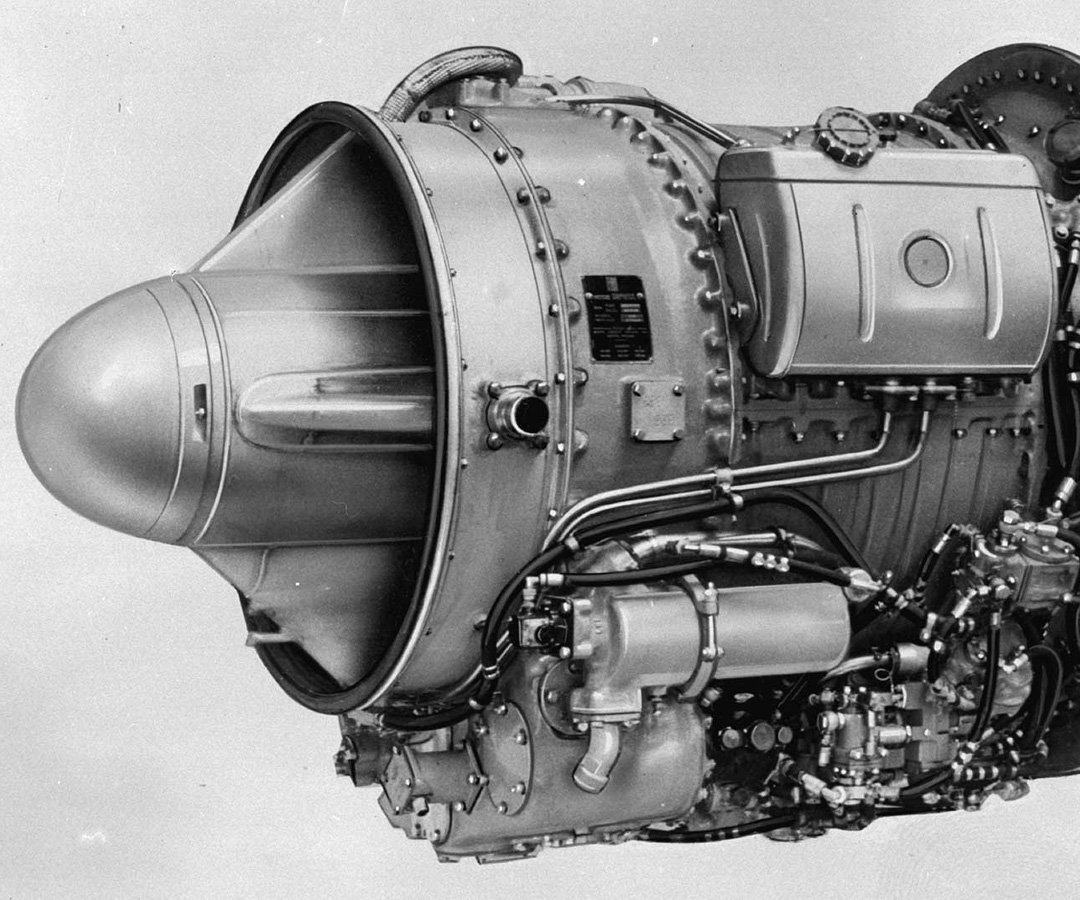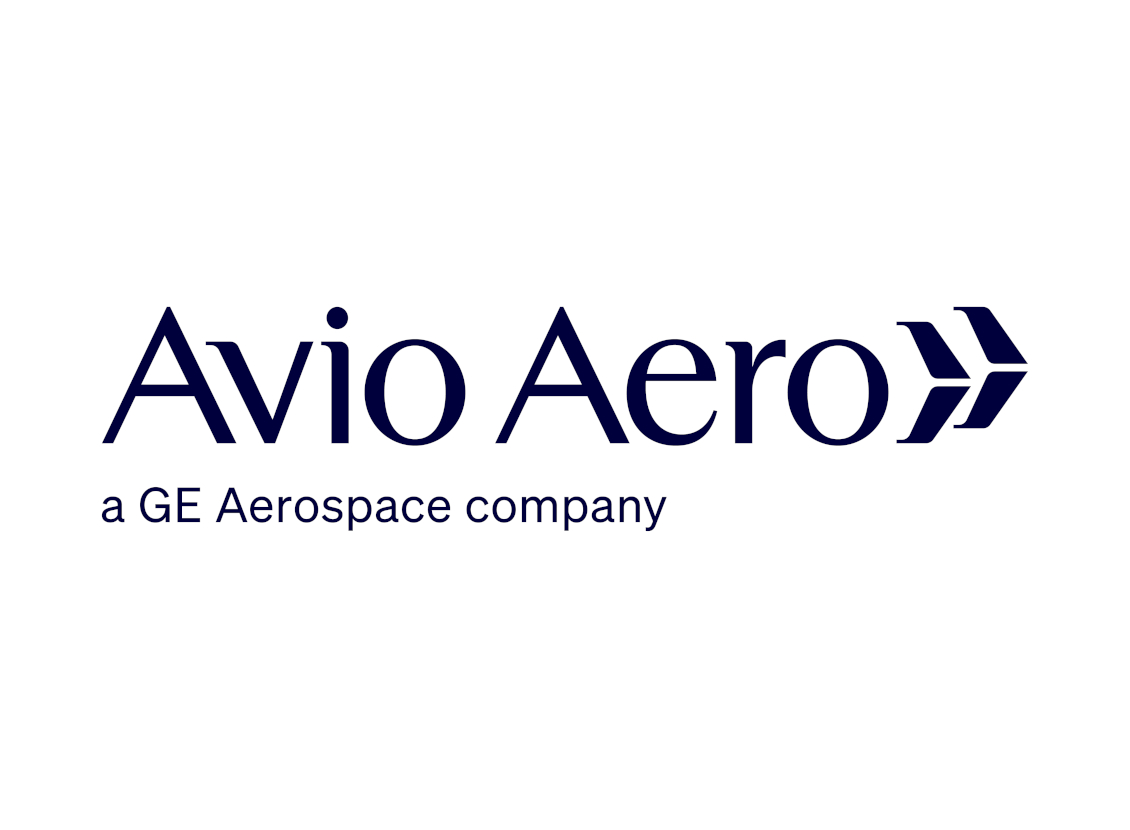Our History


1908
From the road to the sky
Aeronautical production took its first steps in Turin as part of FIAT.
Operations began with the development and production of the first aircraft engine derived from a racing car engine: the legendary SA 8/75.
Operations began with the development and production of the first aircraft engine derived from a racing car engine: the legendary SA 8/75.

1915
The first complete aircraft
Since the First World War, aircraft were designed and built within the company.
To fulfill military orders, the 'Italian Aviation Company' was established, which later became the Aviation section of FIAT in 1918. After the war, the technical and production resources accumulated during the conflict were redirected to the commercial aircraft sector.
To fulfill military orders, the 'Italian Aviation Company' was established, which later became the Aviation section of FIAT in 1918. After the war, the technical and production resources accumulated during the conflict were redirected to the commercial aircraft sector.

1927
Record times and intercontinental flights
By the late 1920s, engine production began featuring cylinders with diameters of up to 750 mm, the maximum size permitted by the technologies of the time.
This was an era of record-breaking achievements and notable flights, such as the non-stop Italy-to-Brazil journey.
This was an era of record-breaking achievements and notable flights, such as the non-stop Italy-to-Brazil journey.

1942
Air fighter engines
This was the era of aircraft such as the BR.20 bomber, the G.12 three-engine transport, and the CR.25 twin-engine reconnaissance bomber.
The CR.42 fighter was the most widely used Italian aircraft during the war.
The CR.42 fighter was the most widely used Italian aircraft during the war.

1950
Production resumed with America
Once the conflict was over, in the early 1950s, Fiat Aviazione was able to start its production recovery also thanks to American orders.

1954
Italy's most important post-war aircraft
In an international competition launched by NATO for a tactical light fighter, the Italian project - known as the G.91 - outperformed its English and French competitors.
With the final decision made in 1958, the G.91 was declared the standard NATO light fighter for the European theater, becoming the most significant Italian aircraft of the post-war period.
With the final decision made in 1958, the G.91 was declared the standard NATO light fighter for the European theater, becoming the most significant Italian aircraft of the post-war period.

1969
Focusing on engines
In 1969, FIAT and Finmeccanica established Aeritalia, with FIAT contributing its aircraft-related activities.
The company specialized in aircraft engines and helicopter transmissions. By 1976, Fiat Aviazione had production centers in Turin and Brindisi
The company specialized in aircraft engines and helicopter transmissions. By 1976, Fiat Aviazione had production centers in Turin and Brindisi

1989
FIATAVIO
The company changed its name to FiatAvio in 1989 and began collaborating on the engines for the Tornado and the Harrier Jet with vertical take-off in the military sector, as well as for Boeing and Airbus aircraft in the commercial sector.

1997
A strategic project
The company acquired the Finmeccanica Alfa Romeo Avio plant in Pomigliano d'Arco (Naples) as part of a national strategic initiative aimed at reducing the excessive fragmentation of Italian companies.

2001
Across borders
The establishment of AvioPolska in Bielsko-Biała, Poland, marked the beginning of the company's internationalization process.

2003
Avio: a new identity
The company separated from the Fiat Group and became 'Avio,' establishing itself as an independent player in the aeronautical sector.

2008
100 years of innovation
Avio celebrated its first 100 years

2012
Looking to the future
Two important cooperation agreements: with Pratt & Whitney for the production of the PurePower® PW1100G, and with Safran for the LEAP engine.
In December, GE announced the signing of an agreement to acquire Avio's aviation business.
In December, GE announced the signing of an agreement to acquire Avio's aviation business.

2013
Avio Aero was born
On 1 August 2013, GE completed the acquisition of Avio's aeronautical activities. The name became Avio Aero.

2018
110
Avio Aero celebrated 110 years of innovation and passion: ready for the future of aviation.

2024
GE Aerospace: independent company
On April 2, GE Aerospace launched as an independent, publicly traded company. Avio Aero updated its logo and tagline to: “Avio Aero | a GE Aerospace company.”